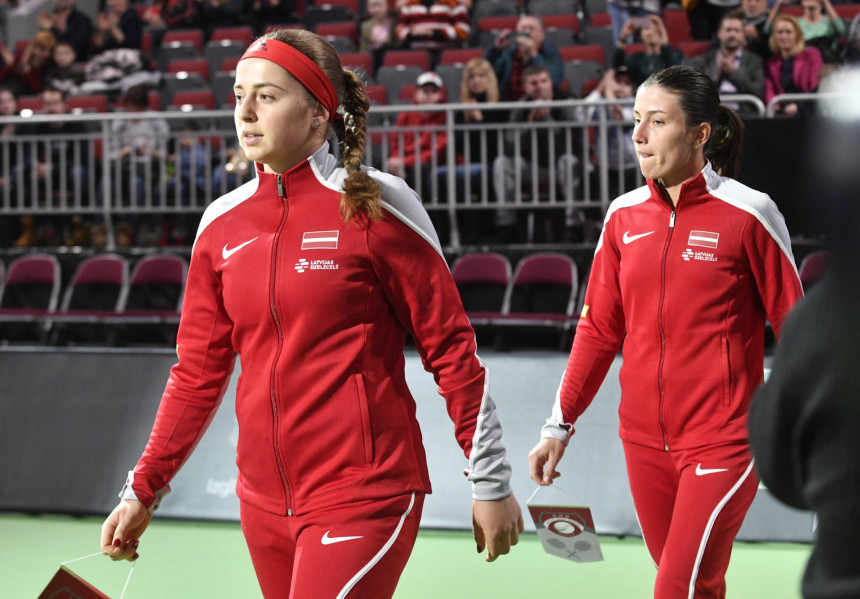Fleeing Russian athletes drive past Latvia

Elena Rybakina of Kazakhstan has won the Wimbledon Tennis Championships. She became a Kazakh citizen in 2018, but until then was a Russian citizen. Either way, this is a huge, unprecedented sporting achievement for the country of Kazakhstan, and an opportunity to be proud.
When she was 19 years old, the Kazakh Tennis Federation was the first to see great talent in the girl and financially helped her to change her citizenship and train with them. She also had the opportunity to go to play for a US college. The Russian bureaucrats missed out on such a big star.
Changing nationality is not uncommon in sports and happens now and then. Athletes who do not see a chance of making the national team in their home country tend to choose to represent another country where the level of the sport is lower. Sometimes it also happens that an athlete shows his competitors from his previous country that he is better.
Many foreigners have been naturalized in Latvia - athletes, footballers, rugby players.
The situation at the moment is such that Russia and Belarus are being subjected to increasingly stringent sanctions and isolation following Russia's invasion of Ukraine. Therefore, some of these athletes will look for another citizenship. The Russian sports federations, for their part, will try to keep a hold of them. There have already been a few scandalous cases.
The famous coach Tatiana Tarasova tried to persuade figure skaters Diana Davis and Gleb Smolkin not to move to the US national team. They have both denied the possibility, but rumors have it that the pair sought foreign specialists, met with representatives of the American team and had a secret wedding so that Gleb could obtain a US passport.
Ivan Fedotov, the goalkeeper for CSKA Moscow, who had signed a one-year contract with the Philadelphia Flyers of the National Hockey League (NHL), was detained for evasion of military service and sent to an army training center in Severodvinsk.
Here, a hockey player might be in conflict with the team's management, and as a result, the management shows who is boss. Being sent to Severodvinsk like that is harsh. It can destroy a young person's career completely. It is back to Soviet times again, when bureaucrats dealt with the fate of athletes as they pleased.
The Iron Curtain has not yet closed completely, and thousands of businessmen, artists, journalists and sportsmen continue to flee Russia. A large number are leaving because they can no longer breathe under the Kremlin's power vertical. Although it cannot be ruled out that there are also some Russian imperialists among them, or ones who, like Rybakina, will pretend not to understand the question when asked about the war in Ukraine at a press conference. Of course, imperialists must be treated with zero tolerance and told to go to the same place as the Russian warship. Those who have no opinion should perhaps be treated with more tolerance - who knows what a person's circumstances are. Maybe the emigrant is afraid for his relatives left behind in Russia, that they might be repressed. Then there is the possibility that athletes are busy with their training and have little knowledge of world politics. Of course, there is the danger that a sports star suddenly starts praising Putin's “special operation”. Is the Baltic information space so weak that it will not be able to bite, chew and spit out such cases?
There will be countries where athletes will be welcomed and enticed. They will be able to turn quite easily from Russians and Belarusians into, for example, Slovenes or Montenegrins. The influx of fresh blood and fiercer competition raises the level of every sport.
But Latvian society is hardly ready to accept such openness.
Politicians and state institutions look at Russians with distrust - even well-known opponents of Putin's regime, who in Latvia encounter all sorts of minor problems, small hurdles, lost documents, non-extended visas, etc.
Makes me think that some Russian or Belarusian athletes might find a place in Latvia, but not many.
*****
Be the first to read interesting news from Latvia and the world by joining our Telegram and Signal channels.